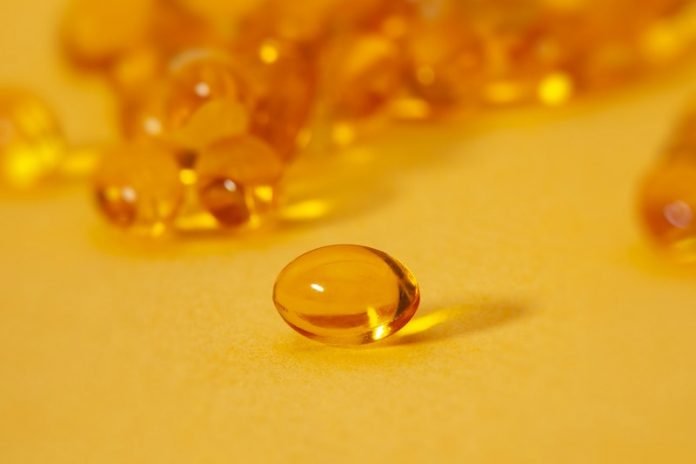
Vitamin D is most often recognized for its role in bone health, but low levels of the supplement have been associated with a range of autoimmune, cardiovascular, and infectious diseases.
Early on in the pandemic health officials began to encourage people to take vitamin D, as it plays a role in promoting immune response and could protect against COVID-19.
In a new study from Bar-Ilan University, researchers found a correlation between vitamin D deficiency and COVID-19 severity and death.
The study is among the first to analyze vitamin D levels prior to infection.
In the study, the team used the records of 1,176 patients admitted between April 2020 and February 2021 to the Galilee Medical Center (GMC) with positive PCR tests that were searched for vitamin D levels measured two weeks to two years prior to infection.
Patients with vitamin D deficiency (less than 20 ng/mL) were 14 times more likely to have a severe or critical case of COVID than those with more than 40 ng/mL.
Strikingly, mortality among patients with sufficient vitamin D levels was 2.3%, in contrast to 25.6% in the vitamin D deficient group.
The findings highlight that low vitamin D level contributes significantly to disease severity and mortality.
The results suggest that it is advisable to maintain normal levels of vitamin D. This will be beneficial to those who contract the virus.
The evidence suggests that a patient’s history of vitamin D deficiency is a predictive risk factor associated with poorer COVID-19 clinical disease course and mortality.
It is still unclear why certain individuals suffer severe consequences of COVID-19 infection while others don’t. The study adds a new dimension to solving this puzzle.
If you care about COVID, please read studies about why people with blood Type O less likely to get COVID-19, and a new drug that could prevent COVID-19.
For more information about vitamins, please see recent studies that vitamin D could help reduce inflammation, and results showing that low vitamin D may speed up cognitive decline.
The study is published in the journal PLOS ONE and was conducted by Dr. Amiel Dror et al.
Copyright © 2022 Knowridge Science Report. All rights reserved.



